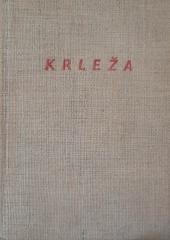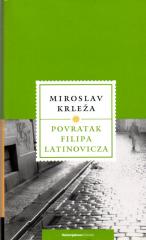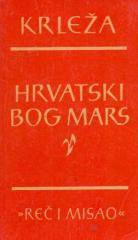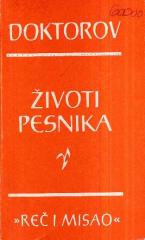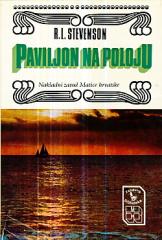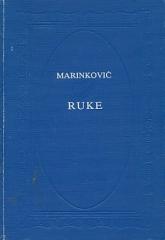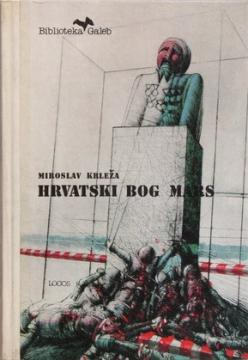
Hrvatski bog Mars
Najpoznatija Krležina zbirka novela Hrvatski bog Mars dio je zamišljenog ciklusa književnih djela s temom Prvog svjetskog rata i hrvatskih domobrana.
Ova antiratna zbirka kritika je ratnog ludila i nasilja usmjerenog prema neprijatelju jednako kao i prema vlastitim podanicima, ali i prevladanih društvenih odnosa carske Austro-Ugarske, pri čemu Krleža iskazuje svoju ljevičarsku političku orijentaciju – uvjerenje da će komunistička revolucija jednom zauvijek riješiti čovječanstvo ovakvih užasa. Realizam i naturalizam opisa usporedni su s ekspresionističkim simbolizmom i alegorijom, osobito u Hrvatskoj rapsodiji.
Nema primjeraka u ponudi
Poslednji primjerak je nedavno prodan.
